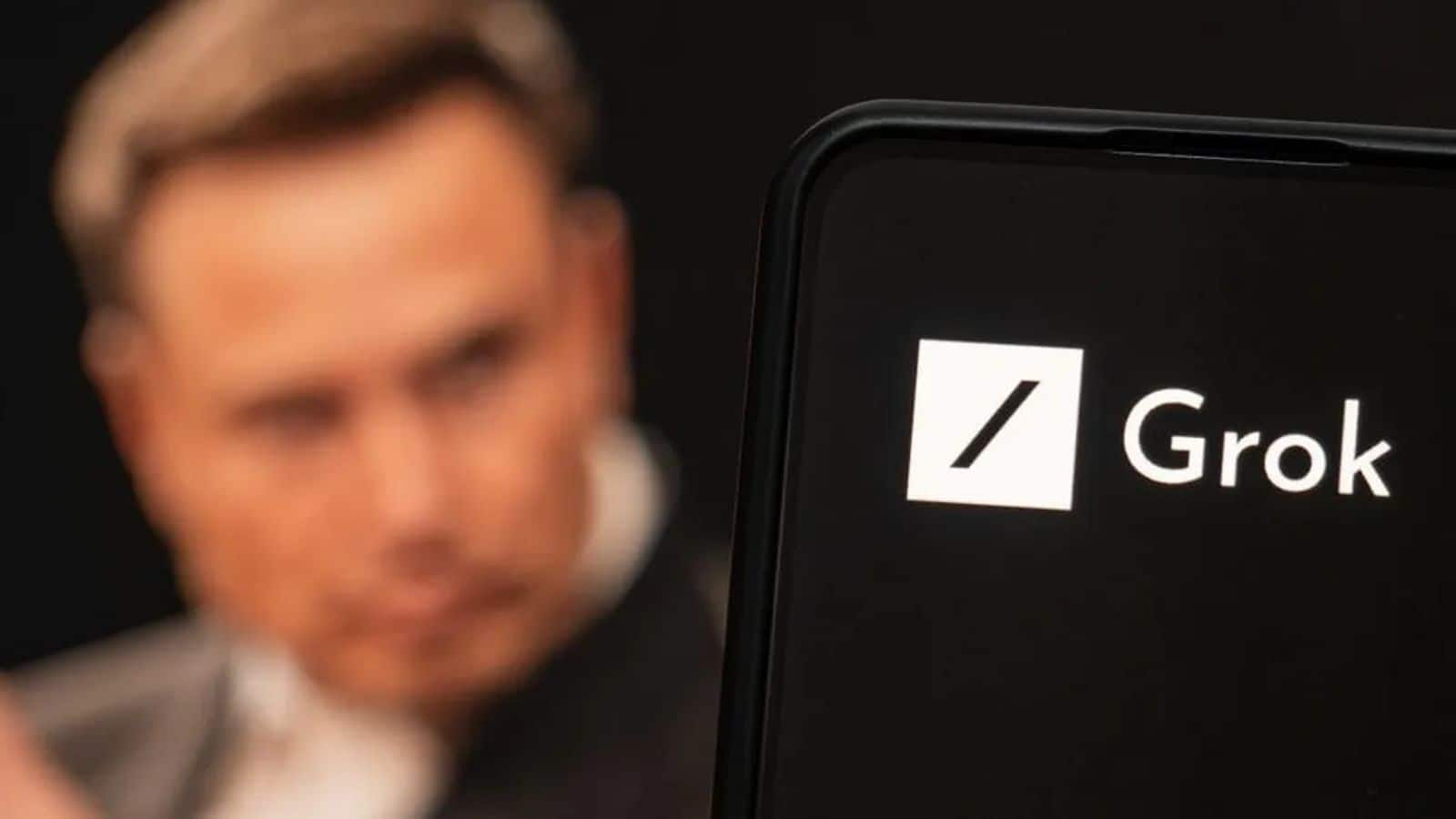
xAI open sources Grok amidst Musk's advocacy for transparent AI
What's the story
Elon Musk's privately held company, xAI, has made the base model weights and network architecture of its AI chatbot, Grok, available to developers and researchers on GitHub. The open-source release is a 314-billion-parameter Mixture-of-Experts model, known as Grok-1, as stated by the company's blog post. This version of the model is from a checkpoint in October last year and has not been fine-tuned for any specific application.
Release details
Grok's open-source release under Apache 2.0 license
As noted by VentureBeat, the Grok model is being released under the Apache 2.0 license, which allows for commercial use but does not include the data used to train it or connections to X for real-time data. In November 2023, xAI said that Grok was developed over a four-month period and is designed for applications such as coding generation, creative writing, and answering questions.
Advocacy for transparency
Musk's advocacy for open source AI models
Musk, the owner of xAI, has been a vocal advocate for open-sourcing AI models. After acquiring Twitter (now X), he released the code behind its algorithms and criticized companies that do not open-source their AI models. This includes OpenAI, a company he helped found but is now suing over allegations of breaching an original agreement to be open source.
Insights
Grok's initial launch and comparison with rivals
When Grok was initially launched, users needed an X subscription to access it. The chatbot was positioned as a more irreverent, up-to-date alternative to OpenAI's ChatGPT or Google's Gemini. Early testing, however, suggested that it lacked distinctive features that could help it compete against more advanced chatbots. The move to open source Grok is seen as part of Musk's ongoing advocacy for transparency in AI research, further strengthening his argument against OpenAI.